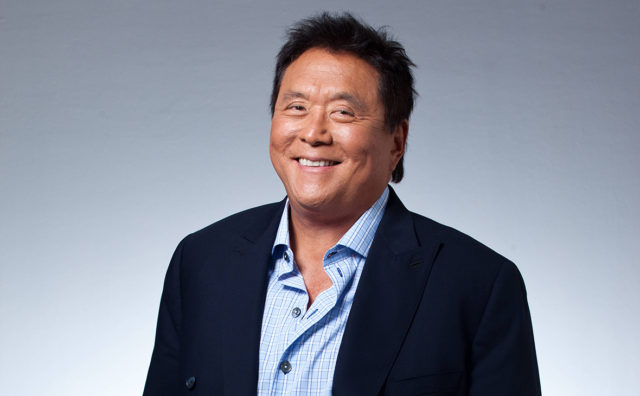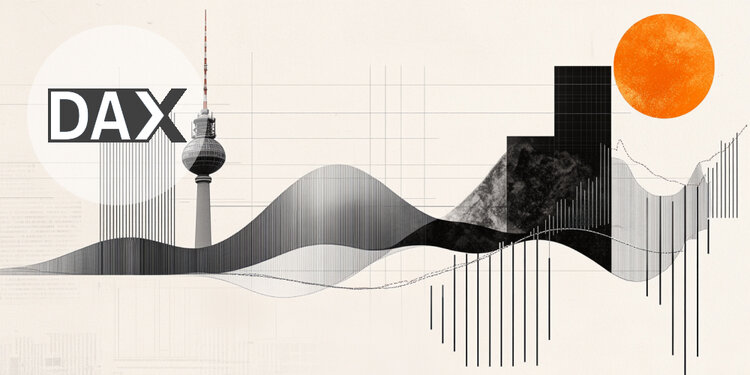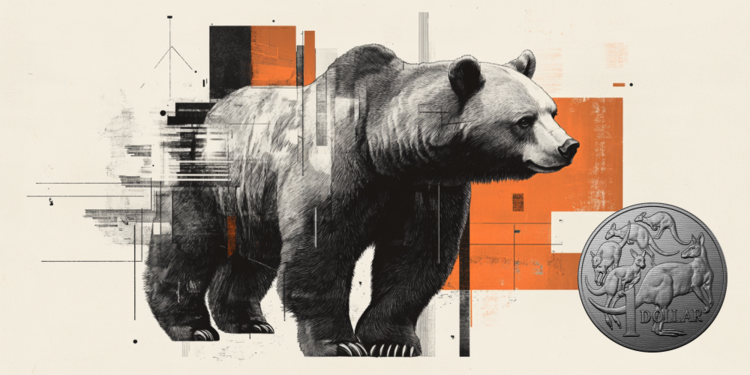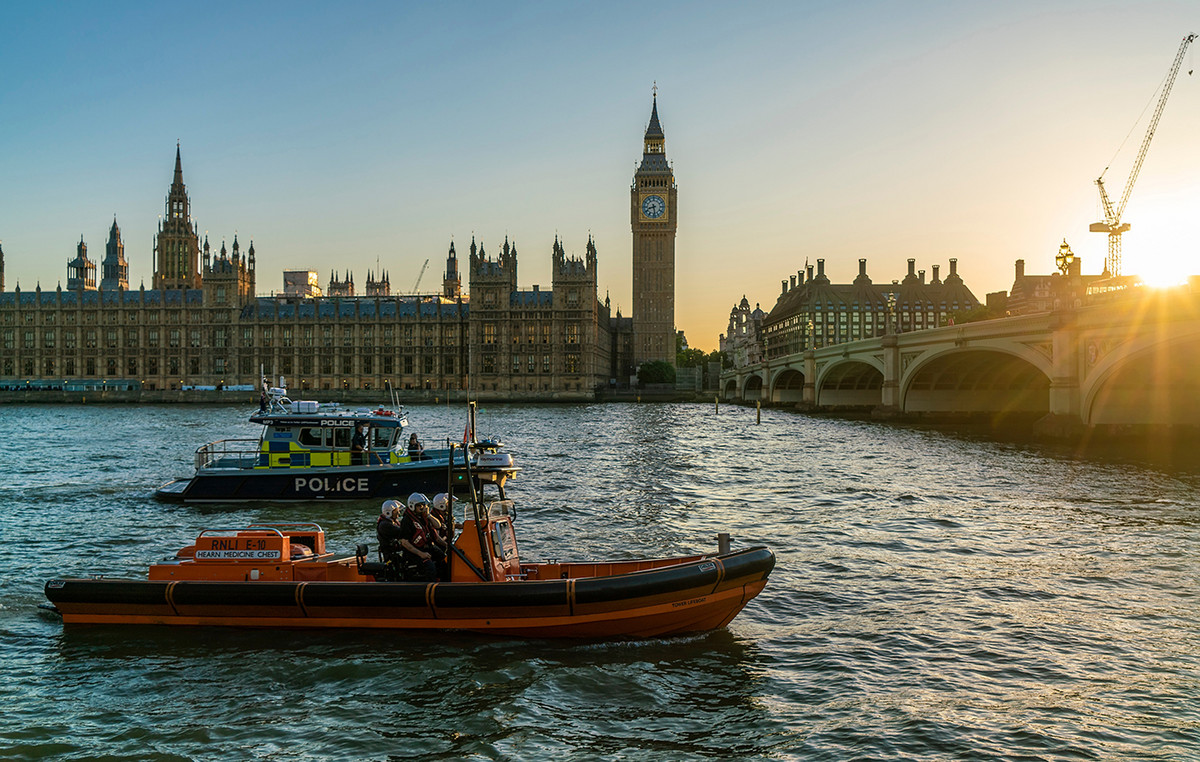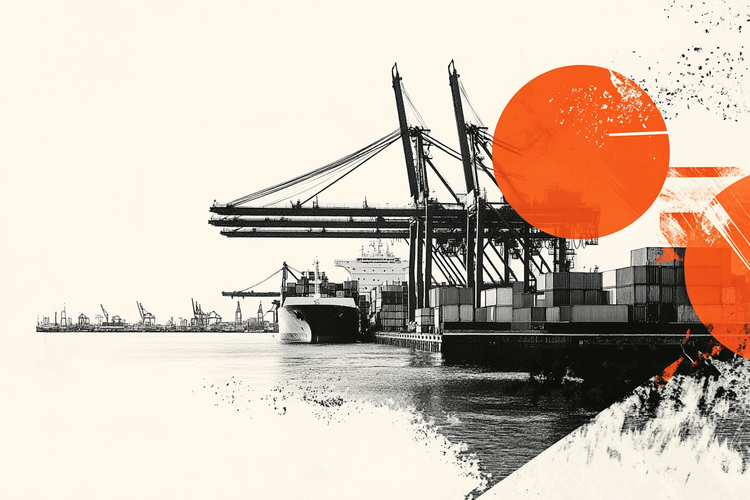According to a statement released this Monday (8) by the federal government, the decree that regulates the Auxílio Brasil, a social program that should replace Bolsa Família, is now ready and should be published in an extra edition of the Diário Oficial da União. night.
The decree details new rules and parameters for participating in the program, including new types of additional benefits for participating families – such as scholarships for young people who perform well in sports and science at school – and also an increase in the maximum age of children to qualify for payments .
Families with income below the poverty line and with children aged up to 17 years enrolled in school were entitled to Bolsa Família. This age is extended to 21 years.
The material, however, does not inform what the value of the new aid will be. According to sources heard by the anchor of the CNN Kenzô Machida, the average value of the benefit will be R$ 400 – following what had been demanded and had already been disclosed by President Jair Bolsonaro.
The text also does not talk about the sources of funding for the program. The expansion of the benefit to R$ 400 in 2022 depends on the approval of the PEC dos Precatórios, which must still be voted on in the second round in the Chamber of Deputies this week. The PEC reformulates Budget rules and makes room for new expenses in 2022.
According to the government, the first payments of the new Auxílio Brasil should start on November 17th.
“The Program replaces Bolsa Família and brings a significant expansion in its scope, in addition to simplifying the basket of benefits, striving for the emancipation of families that are already in a situation of autonomy, so that the entry of new families in a situation of autonomy occurs. vulnerability”, says the note from Planalto.
Among the announced changes to the rules are:
- Early Childhood Benefit: it includes families with children between zero and 36 months old.
- Family Membership Benefit: includes young people aged 18 to 21 who are not eligible for the benefit (in Bolsa Família, payment was limited to dependents aged up to 17). “The objective is to encourage this group to remain in their studies to complete at least one level of formal schooling”, according to the note.
- Benefit from Overcoming Extreme Poverty: Families who, after receiving the previous benefits, continue to have a monthly per capita income below the extreme poverty line will be entitled to financial support without limitations related to the number of members of the family nucleus.
The values of each of these benefits were not informed.
Among the new complements to be added to the base value of the program, also without details about the values, are:
- school sports assistance: intended for students aged between 12 and 17 years old who are members of beneficiary families of Auxílio Brasil and who stand out in official competitions of the Brazilian school games system.
- Junior Scientific Initiation Scholarship: for students with good performance in academic and scientific competitions and who are beneficiaries of Auxílio Brasil. The transfer of the amount will be made in 12 monthly installments. There will be no maximum number of beneficiaries.
- Child Citizen Assistance: aimed at the person responsible for a family with a child from zero to 48 months of age who can find a source of income, but who cannot find a place in public or private day care centers in the partner network. The amount will be paid until the child reaches 48 months of life, and the limit per family unit will still be regulated.
- Rural Productive Inclusion Aid: paid for up to 36 months to family farmers registered in the Cadastro Único.
- Urban Productive Inclusion Aid: whoever is on the Auxílio Brasil payroll and proves a formal employment relationship will receive the benefit.
- Transition Compensation Benefit: intended for families that were on the Bolsa Família payroll and lost part of the amount received as a result of qualifying for the Auxílio Brasil. It will be granted during the period of implementation of the new program and maintained until there is an increase in the amount received by the family or until it no longer meets the eligibility criteria.
readjusted poverty line
To be eligible for both Bolsa Família and now Auxílio Brasil, the family’s monthly income must be below the poverty line, which is now a maximum of BRL 200 considered as the household’s per capita income: it’s the equivalent , for example, to a house with five people who live on a total of R$1,000 per month.
Families with a per capita income of less than R$100 are considered to be in extreme poverty.
These income cuts are defined by the government itself and have not been revised since at least 2018. The values were updated last Saturday (6), by another decree edited by Bolsonaro, with a 17% readjustment.
Until then, the limit of extreme poverty was R$89 and, of the poverty line, R$178 per person.
How was Bolsa Família
Officially extinct in October after 18 years of existence, Bolsa Família paid a benefit of R$ 41 to R$ 48 per pregnant woman, baby, child or teenager in the family, for all families with monthly per capita income below the poverty line (up to R$178 per month before the readjustment).
They could accumulate a maximum of five benefits (R$205) for pregnant women and dependents up to 15 years old, and two (R$96) for young people aged 16 and 17.
Children and teenagers need to be enrolled in school and prove attendance to be entitled to the benefit.
Families in extreme poverty (those with a per capita income of less than R$89, before the readjustment), still received a fixed benefit of R$89.
*With information from Kenzô Machida and Anna Russi
Reference: CNN Brasil
I am Sophia william, author of World Stock Market. I have a degree in journalism from the University of Missouri and I have worked as a reporter for several news websites. I have a passion for writing and informing people about the latest news and events happening in the world. I strive to be accurate and unbiased in my reporting, and I hope to provide readers with valuable information that they can use to make informed decisions.

